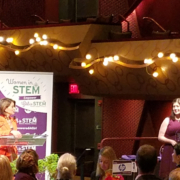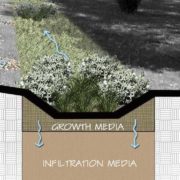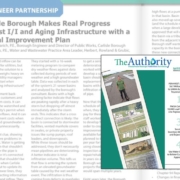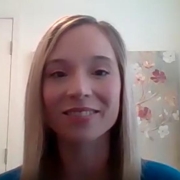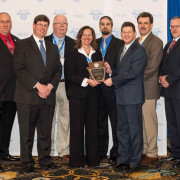Minimizing the Cost of Connecting Homes with On-Lot Disposal Systems to Public Treatment
Clean water is essential to life, and life is priceless. But sometimes the cost of clean water can be too high for a community to bear. When it is, a mix of grants and forward-thinking design can make the cost more manageable as it did for the residents of a small village in Central Pennsylvania recently.
Kelly Township is a rural municipality in Union County, Pennsylvania, with a population of approximately 5,000 people. The Village of Kelly Crossroads is located in a remote area of the township and consists of 47 homes along Crossroads Drive, SR 1004, and Fort Titzell Road, SR 1003. These homes had historically used on-lot disposal systems for their sewage.
An on-lot disposal system, commonly referred to as a septic system, is a 3-stage treatment process that happens on the site of the home, rather than at a community treatment plant. Sewage collects in a septic tank on-site, where solids and scum are separated from the water via settling and flotation. Pipes then carry the water to the soil where it is absorbed into the ground and purified in nature.
Unfortunately, these systems have a high rate of malfunction, and Kelly Crossroads was no exception. As part of an Act 537 Plan update in 2010, the township confirmed that almost half of the on-lot disposal systems in Kelly Crossroads were malfunctioning. Another 45% exhibited signs of suspected or potential malfunction. Only 6% of the on-lot disposal systems in Kelly Crossroads were functioning properly.
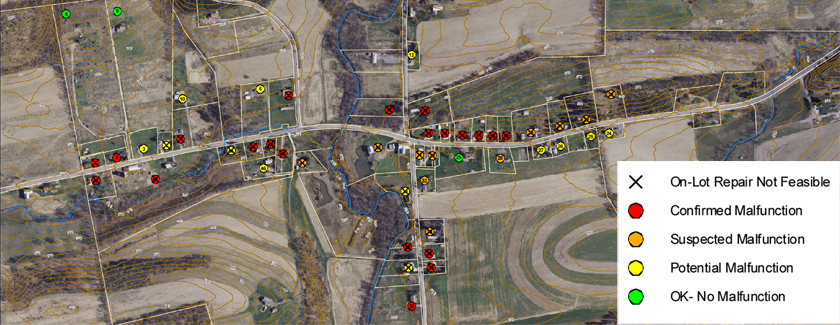
This map shows the location of all the on-lot disposal systems in Kelly Crossroads, and the colors indicate how well each system was functioning. As the map shows, some level of malfunction was widespread throughout the system.
To make matters worse, the township had good reason to believe that these malfunctions were contaminating residents’ water supply. A portion of the homes in Kelly Crossroads relied on wells for their water, and more than half of those wells tested positive for coliform bacteria, an indicator that human waste had come in contact with the water supply.
The township has an obligation to protect the public health, so it needed to address these malfunctioning on-lot disposal systems. Unfortunately, on-site repair was not an option for approximately 70% of the systems. HRG analyzed several alternative approaches and determined that the most cost-effective option was to retire the on-lot disposal systems and replace them with a low-pressure system connected to a package treatment plant.
Cost-effective does not mean low-cost, however. Connecting new homes to a public treatment system is always a costly endeavor, and the cost to connect Kelly Crossroads was estimated at more than $1.6 million. Each homeowner would have to cover the cost of connecting to the system and share in the cost of building the infrastructure it required. This would amount to several thousand dollars in fees per home, a significant burden for an area where the median household income is approximately $55,000.
HRG helped the township obtain nearly $1.5 million in funding from the U.S. Department of Agriculture, Rural Utilities Service, 75% of which was grant money. This funding has dramatically reduced the cost of sewer service to the community.
During initial planning phases of the project, user rates were projected to be as high as $200 per user each month. With the USDA funding, monthly user rates will be $69.
(Learn more about the USDA’s Rural Development Program here.)
HRG designed the system for future expansion of the user base in order to make the project more cost-effective. Capacity is available to connect an additional 5-10 homes if they are constructed adjacent to the system through extension of the LPS system only. Adequate space is also available for future expansion of the treatment plant facilities if more capacity becomes necessary. Planning for future needs now helps to minimize costs down the road.
Construction began in August 2017 and was completed in August 2018. Residents began utilizing the public system in June 2018.
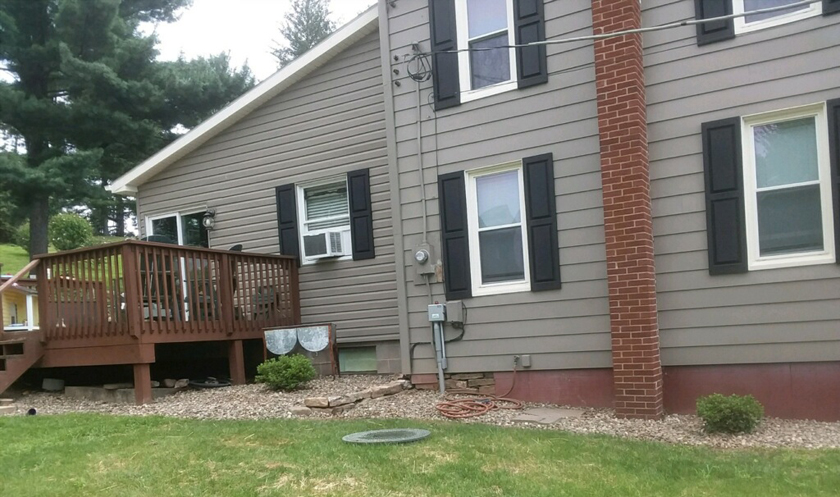
A home in Kelly Crossroads with a recently installed grinder pump
Though the investment is significant, there is no better investment a community (or its residents) can make than in its own health and safety.
Municipalities like Kelly Township want to ensure their residents have clean water, but they are sensitive to how difficult monthly bills can be for residents to pay. They need an engineer who can deliver high quality infrastructure, while helping the community find ways to afford the improvements they need.
A firm with a dedicated team of financial experts can skillfully position the municipality for grants as HRG did for Kelly Township. At the same time, HRG’s water and wastewater professionals designed the system to accommodate future expansion in order to minimize costs moving forward.
Our wastewater treatment professionals are creative problem-solvers, and our financial specialists are experts in water and wastewater financing. We have extensive experience with programs like the USDA’s Rural Development Program, whose support is crucial to ensuring rural communities have quality water and sewer service.
SPECIFICATIONS:
- Low Pressure Collection & Conveyance System w/Homeowner-Owned Grinder Pumps
- 8,200 linear feet of 1.5” – 3” diameter LPS and appurtenances (cleanouts, air release valves, etc.)
- 13,500 GPD Package WWTP consisting of a pre-aeration anoxic activated sludge process and control building
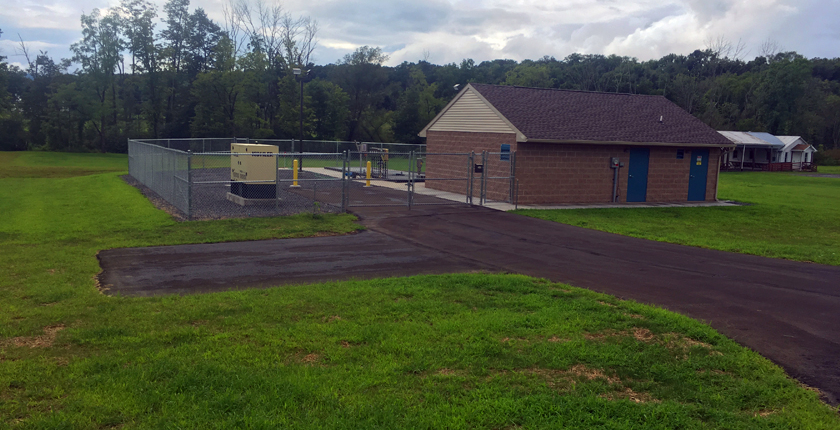
The new 13,500 GPD package wastewater treatment plant serving the Kelly Crossroads community

